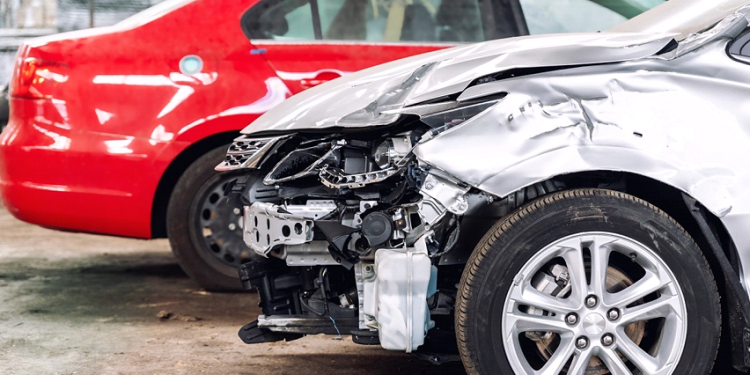The South African used car market is facing a growing problem: the proliferation of accident-damaged cars that have been poorly repaired and resold to unsuspecting buyers. These vehicles pose a significant safety risk and can lead to financial hardship for consumers.
The Rise of Shoddy Repairs
As new car prices continue to rise, many South Africans are turning to the Used Car Market South Africa for more affordable options. This increased demand has created an opportunity for unscrupulous individuals and dealerships to profit by purchasing accident-damaged or even written-off vehicles, performing cheap repairs, and then selling them as if they were in good condition. This is a major contributor to accident-damaged cars South Africa.
“It is my view and the view of many in our industry that because many vehicles are written off, thousands of them every year by insurers, they are sent through a salvage system and are often fed back into the used-car system after being repaired by unscrupulous motor body repairers, and we believe that those vehicles actually cause accidents,” said Richard Green, Managing Director of Halo Health.
Consumer Risks and the Consumer Protection Act South Africa
Buyers often believe they are getting a bargain, only to discover serious mechanical or structural problems after the purchase. By then, it’s often too late, as disreputable sellers may disappear or refuse to honor any warranties. While the Consumer Protection Act South Africa offers some recourse, the process of reversing a transaction can be lengthy and is not always successful.
One of the most alarming issues is the absence of airbags in these repaired vehicles. Airbags are expensive to replace, and unscrupulous repairers may simply conceal their absence, leaving buyers and passengers vulnerable in the event of a future accident.
The Call for Transparency: A Vehicle Salvage Database
Experts and organizations like the South African Motor Body Repairer’s Association (Sambra) are calling for greater transparency in the used car market. A key proposal is the creation of a publicly accessible Vehicle Salvage Database. This database would allow potential buyers to check a vehicle’s history, including whether it has been written off or sustained significant damage. Of course, finding an affordable and safe used car is still possible. Resources like Auto24’s blog offer valuable guidance, such as their list of “7 Affordable and Fuel-Efficient Cars Perfect for South Africa in 2025,” which can help buyers make informed decisions without compromising on safety.
The South African Insurance Association (SAIA) launched a VIN-Lookup website in 2023, but it currently only provides information on vehicles classified as Code 3 (rebuilt), 3A (spare parts only), and 4 (permanently demolished). Crucially, it excludes Code 2 (Used) vehicle information, which covers a much larger portion of accident-damaged vehicles.
“The bottom line is that once a vehicle has been declared uneconomical to repair by an insurer and ends up at a salvage yard, it is then fair game for anyone and that is where we lose total control,” said Sambra.
Sambra’s “Cradle to Grave” Proposal & eNatis
Sambra advocates for a “Cradle to Grave” vehicle history system, integrated with the existing national traffic information system (eNatis). This system would track a vehicle’s entire history, from initial sale to any accidents and repairs, providing complete transparency for buyers, financiers, and insurers. This complete record would help determine the vehicle code, and combat accident-damaged cars South Africa.
Protecting Yourself
Until such a system is in place, consumers must be extra vigilant. Richard Green advises: “I’d like to caution [consumers] to perhaps even take any second-hand car that they are not 100% satisfied with to their trusted motor body repairer and let them put it up on a jack, let them have a look at the chassis and the safety-critical components, check through the electronics whether an airbag is present, and make sure that the vehicle is, in fact, safe to go on the roads.”
The National Consumer Commission (NCC) is also working to address this issue, urging salespeople to be honest about vehicle histories.
Have you ever unknowingly purchased an accident-damaged car? Share your experience in the comments below.





